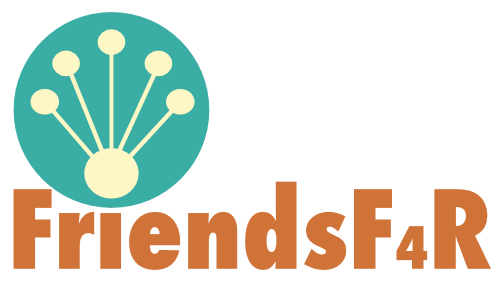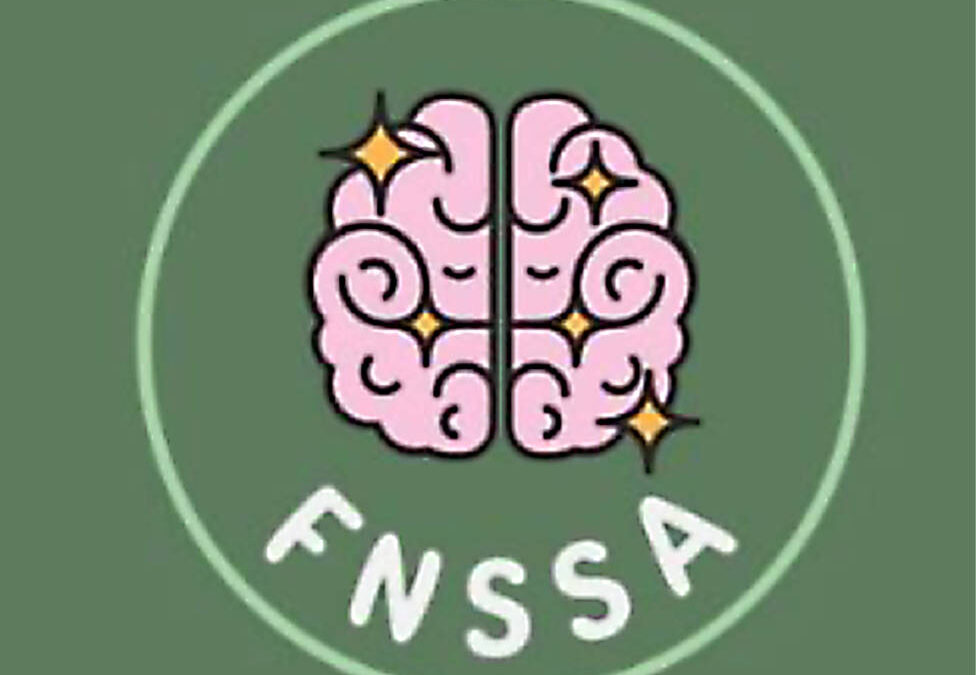Project Title:
Usefulness of disability accommodations for neurodivergent university students in South Australia
Research Group:
FNSSA, Australia
Aims of the project:
Existing research has highlighted and evidenced the challenges students in higher education face (Butcher & Lane, 2024; Fossey et al., 2017; Kendall, 2016; Spier & Natalier, 2023). This research corresponds to the anecdotal reports and lived experiences shared by neurodivergent individuals/communities.
The main objective of our project was to evaluate how neurodivergent students perceive the effectiveness of university disability accommodations. Our study included neurodivergent identifying students who are/were enrolled at a South Australian public university within the last 5 years.
We wanted to influence:
• University administrators, disability support services, policy makers, and academic staff involved in student support and accessibility services.
• Relevant advocacy groups, neurodivergent student communities, and researchers.
Individuals/departments responsible for developing, revising, advocating and implementing disability accommodation policies and procedures hold the greatest influence on shaping and improving these accommodations. Individuals/groups responsible for supporting, researching, and advocating for ND people hold the greatest influence in amplifying ND voices and issues. By providing more empirical evidence on ND student experiences with disability accommodations, this research aims to bolster these individuals/groups in their advocacy efforts.
Research Team:
Ayisha Fearnside: Medicine student
Chloe Walton: Final year Medical Science student and Flinders ND club executive.
Marat Sverdlov: Medicine student
We are located at University Campus: Flinders University, Bedford Park. We are in the outer city suburbs, south of Adelaide in South Australia.
We had wanted to undertake formal research on neurodivergent student experiences with access plans but had not been given the opportunity/resources to do so until joining the FriendsF4R network. There are not many (or hesitant to take) opportunities to undertake formal research as a neurodivergent student even though we have a strong passion to contribute to research that aims to improve the educational experience of neurodivergent students.
Research Methods:
Approach
We used a mixed-methods survey design.
Participants were primarily recruited through social media posts which were shared in South Australian Neurodivergent-centred or related Facebook groups. Additional recruitment efforts were made via emailing relevant university staff.
Ethical considerations
Sensitive nature of disclosing disability
National Health and Medical Research Council (NHMRC) Human Research Ethics Committee (HREC) approval
Analysis:
Descriptive statistics were used for quantitative data analysis, and thematic analysis for qualitative data.
Our group is being supported by an academic Research Associate to analyse the survey data and prepare a journal article.
Results:
Our findings underscore the need for improvements in university policies and procedures related to disability accommodations. Given the limited research on neurodivergent university students, this study provides valuable insights that can inform institutional change to foster a more inclusive academic environment.
We intend to share the published study and summary with relevant university administrators, disability support services, policy makers, and academic staff involved in student support and accessibility services.
We will publish the full results in a journal paper.
Funding:
This project was provided with a small grant as one of six micro-projects led by young people in developing the FriendsF4R Network funded by the Arts and Humanities Research Council [grant AH/X00970X/1] led by Dr Deborah Crook from The University of Lancashire. Professor Sally Robinson is a Co-I on the project and continues to work with the group.

